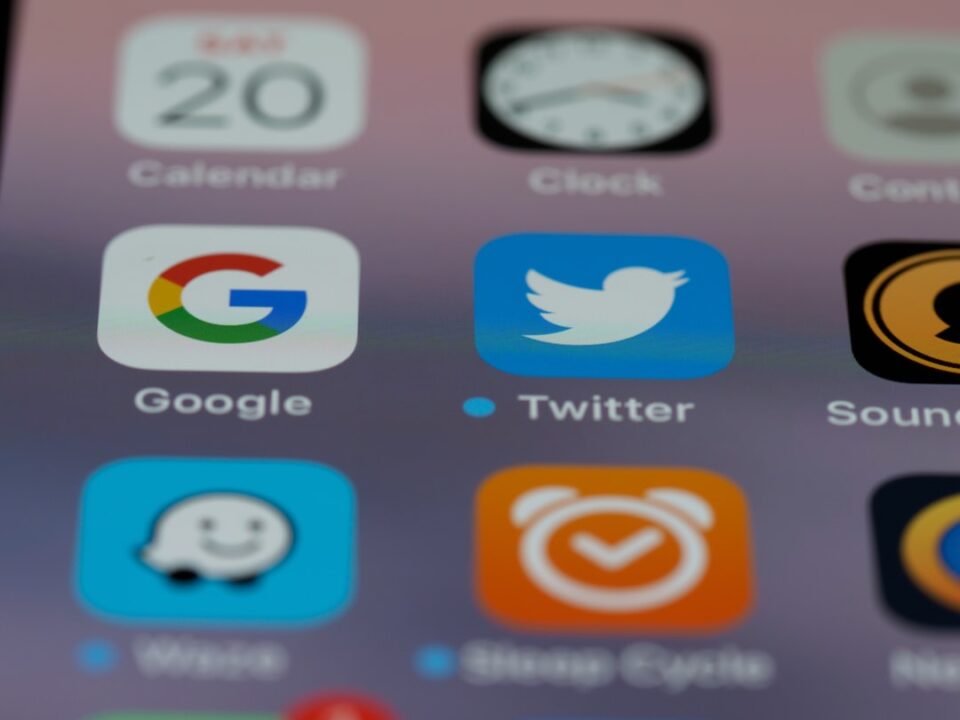The media is an essential tool for conveying political messages to the masses. It affects what people think, how they feel about particular issues or candidates, and ultimately, how they vote. The media’s role in political messaging is undeniable, and understanding its impact is vital to staying informed and engaged in the political process.
In modern-day politics, the media has become the primary source of information for many people. As more individuals turn to social media, television, and other platforms for news, political messaging has become more accessible and widespread. While some may argue that the media is biased or censored, it still plays a critical role in shaping public opinion.
One way the media affects political messaging is by providing extensive coverage of political events and campaigns. This coverage can either be positive or negative, depending on the media’s political leaning or agenda. For example, if a media outlet supports a particular candidate, they may choose to provide favorable coverage of that individual’s campaign, while downplaying any negative information.
Similarly, the media can also choose to cover political events or topics that align with their political agenda. For instance, a left-leaning news organization may decide to highlight stories that support their liberal views.
In contrast, a right-leaning outlet may choose to spotlight stories that support their conservative views. While media bias can be problematic, it can also create more nuanced political conversations. Citizens who want to understand multiple viewpoints on an issue will need to seek out perspectives from various news sources.
Another way the media affects political messaging is by framing stories in a particular way. The way that a story is framed can influence how people perceive an issue or candidate. For example, a news story about a politician’s stance on immigration could be framed as either a humanitarian issue or a national security issue.
Depending on how the story is framed, individuals may view the politician and their position in entirely different ways. This difference in framing can shape public opinion and, in turn, influence the election’s outcome.
Additionally, the media can also impact political messaging by setting the news agenda. The news agenda refers to the topics that the media chooses to report on. If a media outlet decides to focus on a particular issue, it can draw attention to that issue and elevate its importance.
A great example of the media’s impact on the news agenda was the Black Lives Matter movement. After the death of George Floyd, essentially all media outlets focused on the movement for several months. Mass protests erupted worldwide, and the movement became a central topic in the 2020 election.
In contrast, the media can also choose to ignore particular issues or topics entirely. If a topic or issue is deemed not newsworthy, it may not get the attention it deserves, and its importance may be diminished in the public’s eye.
Furthermore, the media can leverage its power to influence political messaging by selecting which sources receive coverage. If a media outlet chooses to cover an interview with a political candidate, they can also choose to select the soundbites and quotes they believe are most noteworthy or sensational.
These soundbites and quotes can then be used to create headlines and stories that generate massive attention. The media’s ability to manipulate soundbites and quotes can significantly impact how a politician is perceived and, more importantly, how the public views their positions.
One of the most notable ways that the media impacts political messaging is through political advertising. Political advertising refers to television and radio commercials, billboards, and other advertisements that feature political messaging.
These ads can range from positive ads featuring images of the candidate and connecting them with their community to negative ads that criticize their opponent. Political advertising can be an incredibly effective tool in shaping public opinion, particularly for undecided voters.
Despite the importance of political advertising, there has also been increasing concern over the influence of dark money. Dark money refers to money that is spent on political advertising by unaccountable groups that do not have to reveal their funding sources.
These groups can spend vast amounts of money supporting particular candidates or issues, and their influence on political advertising can be significant. It is possible that dark money in political advertising can undermine equality in democratic elections when it is difficult to trace sources of campaign funds.
In conclusion, the media plays a critical role in shaping political messaging by amplifying certain stories and framing them in specific ways. The media’s ability to set the news agenda and focus on specific issues can significantly impact public opinion, and the varying political viewpoints of the media can create more nuanced political conversations. Additionally, the media’s power to influence political advertising can make or break an election and can lead to inequality in democratic elections if unaccountable groups use dark money to influence the public. As such, it is necessary to be aware of the media’s power in shaping political messaging and the potential impact on the public. It is essential to consume news and politics from a range of sources to develop a well-rounded understanding of various issues and viewpoints.

